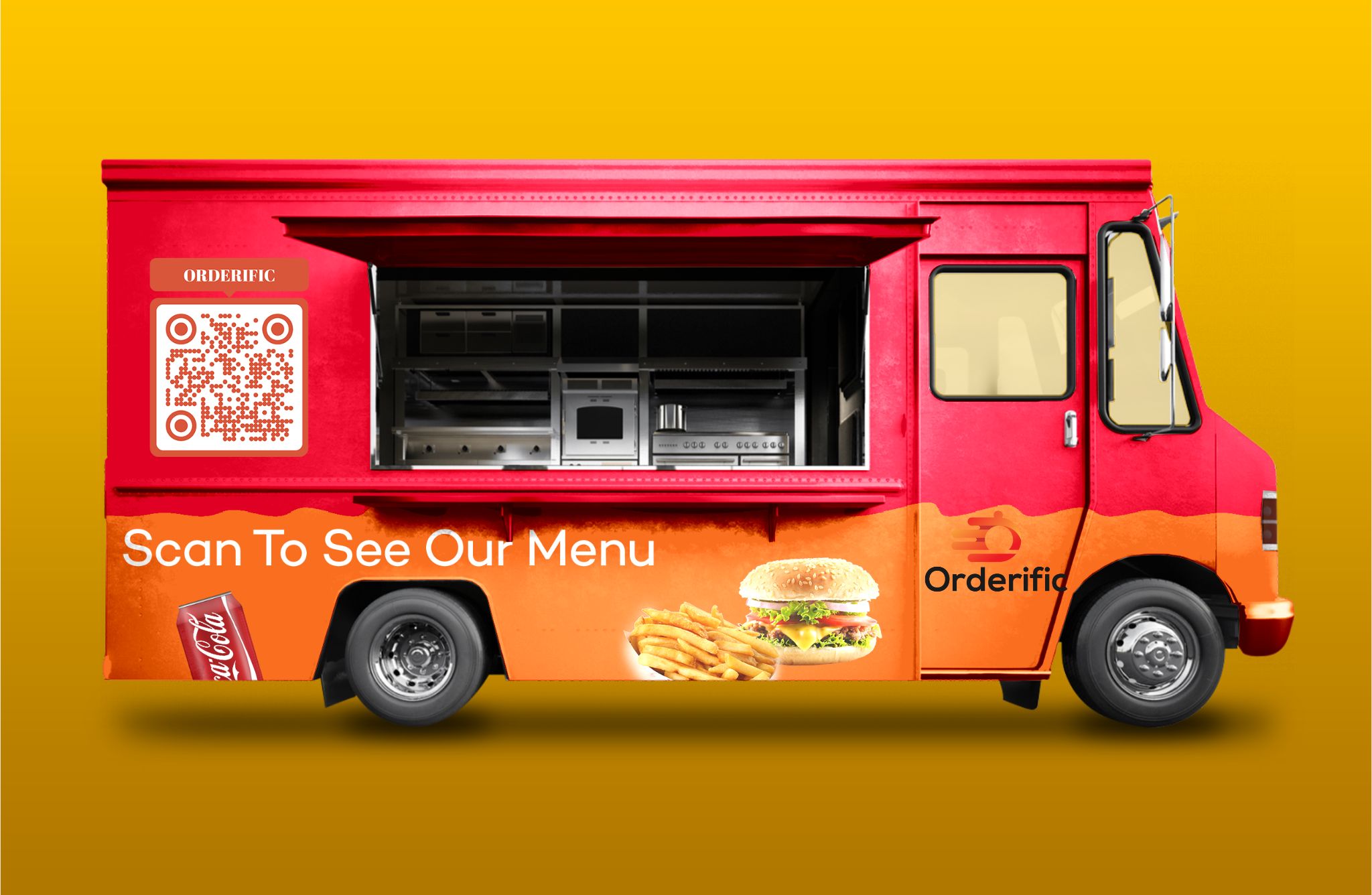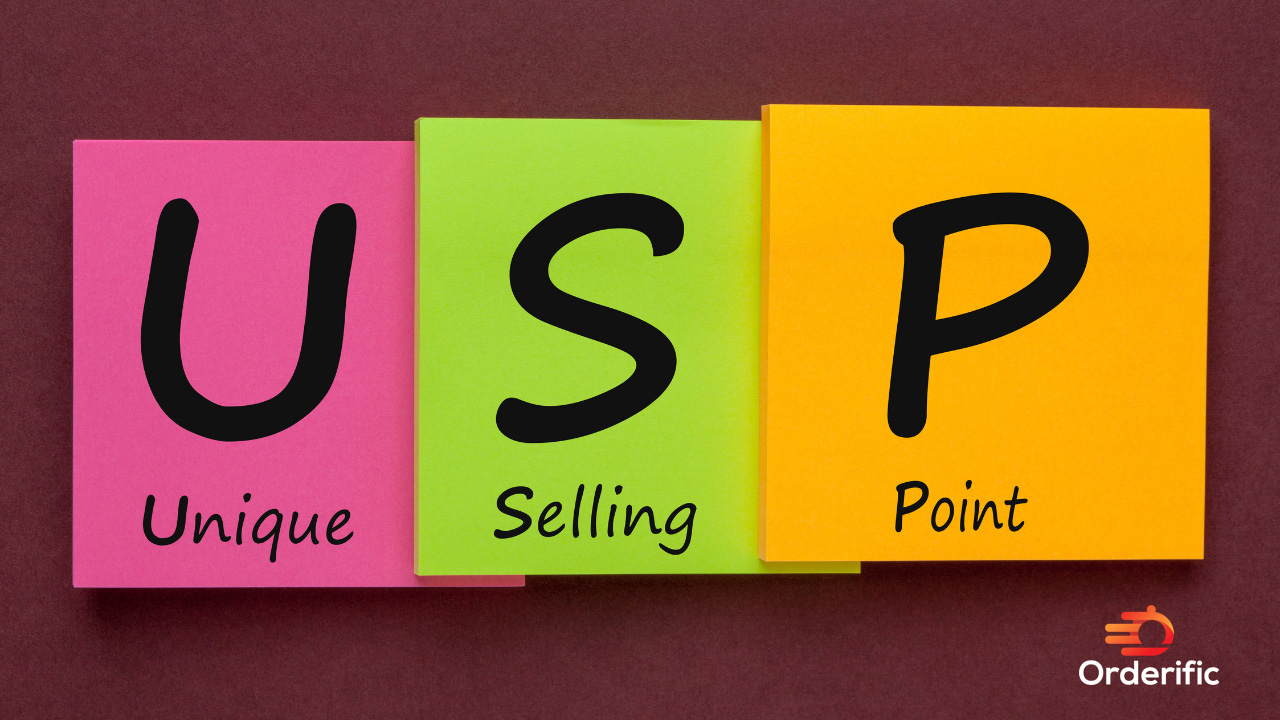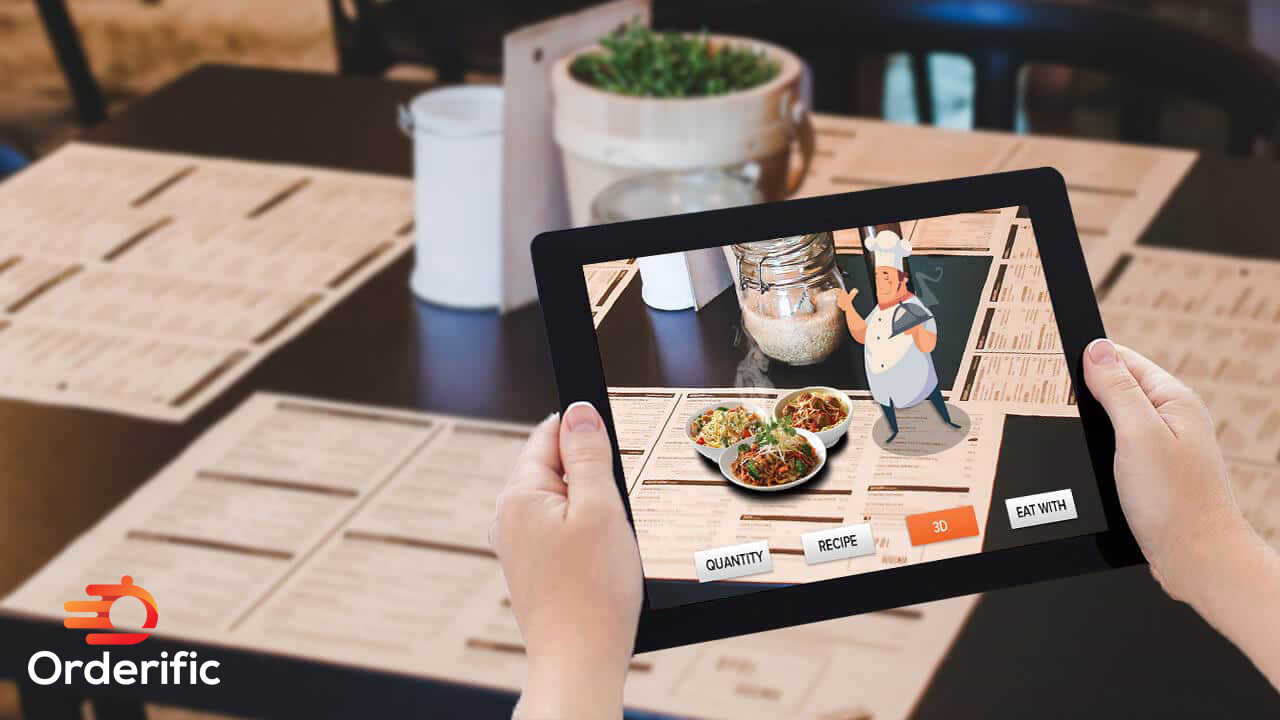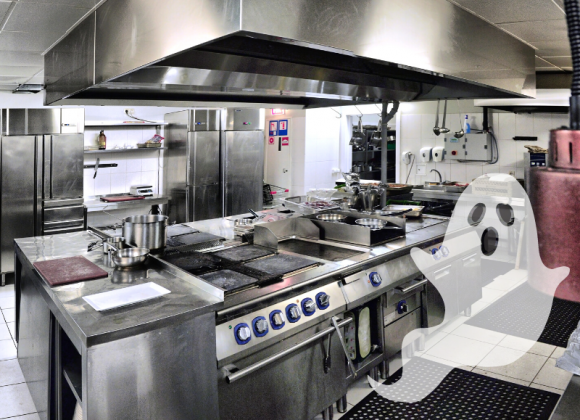Food trucks have turned into a famous and rewarding undertaking as of late, offering a novel culinary encounter on wheels. Assuming you’re passionate about food and fantasize about running your portable eatery, you must explore the universe of food truck financing.
In this blog, we’ll guide you on how to fund your food truck and join the food truck industry. We’ll cover everything from estimating the investment needed to exploring financing choices. Let’s move ahead and get your food truck business going!
Starting a Food Truck Checklist
To start a food truck business, it’s important to understand the requirements before discussing the financial aspects. Here is a list to assist you with the beginning:
Developing a Concept and Menu for Food Truck Financing
Developing a solid concept and menu is crucial for the success of your food truck. Consider your target audience, current food trends, and your culinary expertise. Create a unique, appealing menu that aligns with your concept.
Market Research
Conduct thorough market research to identify potential locations and target markets for your food truck. Analyze the competition, understand consumer preferences, and select areas with high foot traffic or events that attract your target audience.
Business Plan
A well-structured business plan is essential for securing financing and guiding your food truck venture. Outline your business goals, marketing strategies, working procedures, and financial projections. Include details on your concept, menu, target market, and pricing strategy.
Licenses and Permits
Research the licenses and permits required to operate a food truck in your area. These may include health permits, zoning permits, parking permits, and special event permits. Ensure that you comply with all local regulations and obtain the necessary documentation.
Vehicle Acquisition
Determine whether you will buy a new or used food truck or retrofit an existing vehicle. Consider factors such as size, layout, equipment, and maintenance history. Budget for the purchase or designing of the truck.
Equipment and Supplies
Make an extensive rundown of all the hardware and supplies you need to run your food truck proficiently. This might incorporate cooking gear, refrigeration units, food capacity compartments, utensils, and POS frameworks.
Staffing
Determine your staffing requirements based on the scale of your operations. Will you be the sole operator, or do you need additional staff members? Consider hiring cooks, servers, and cashiers who are skilled in fast-paced environments.
Food Truck Financing: Crafting a Winning Concept, Menu, Branding, and Marketing Strategy
Create a strong brand identity that reflects your food truck concept and resonates with your target audience. Design a logo, choose an appealing color scheme, and develop a compelling brand story. Invest in professional signage, vehicle wraps, and online presence through a website and social media channels.
What is the required investment for a food truck financing ?
The cost to start a food truck business can vary based on factors like location, truck size, equipment, and licenses. Expenses can vary from $50,000 to $200,000 or more, but the usual rate is between $70,000 and $130,000.
To determine the approximate investment needed, you can use a restaurant opening calculator. Online tools estimate startup costs based on location, size, equipment, licenses, and marketing expenses. Remember to account for unexpected expenses and leave room for contingencies in your budget.
Why do you need food truck financing?
If you have enough money, you won’t need help to pay for the costs of starting your food truck business. But if you don’t have the finances, it becomes essential to understand why you need it:
- Vehicle and Equipment: Food trucks require specific vehicles and kitchen hardware, which can be expensive. Funding permits you to spread these costs over the long haul, making them more reasonable.
- Working capital: This refers to having enough money for daily tasks such as buying stock, paying staff, and covering other expenses.
- Expansion and Growth: As your food truck business grows, you may need more resources. You can use these resources to invest in new trucks, expand your menu, or discover new locations.
Determining the Right Food Truck Business Loan For You
Now that you understand the need for financing let’s explore the various funding options available for food truck owners:
Traditional bank loans
This requires a good credit score and collateral, and is offered by established banks. They typically offer competitive interest rates and longer repayment terms.
SBA Loans
The Small Business Administration offers loans specifically designed for small businesses, including food truck loan. SBA loans provide lower down payments, longer repayment terms, and favorable interest rates. They are ideal for those who meet the criteria and require larger loan amounts.
Merchant Cash Advance
Get money now, pay back with a portion of your future credit card sales. This funding option gives money fast, but think about the higher interest rates and how it affects your cash flow.
Equipment financing
This is a loan for food truck equipment like cooking appliances, refrigeration systems, and POS systems. These loans often have flexible terms and competitive interest rates.
Microloan
Microloans are small loans typically offered by nonprofit organizations and community lenders. They design them to support entrepreneurs with limited credit history or those seeking smaller loan amounts. Microloans often come with more flexible criteria and lower interest rates.
Crowdfunding
Crowdfunding platforms allow you to raise funds from a large pool of backers who believe in your food truck concept. Present your business idea, offer rewards or equity in return, and leverage social media to spread the word.
Business Line of Credit
A business line of credit is a predetermined amount of money that you can access whenever necessary. Interest charges only apply to the sum acquired, making it an excellent choice for managing daily costs or unexpected expenses.
Business Credit Cards
Business credit cards can be helpful for covering more minor expenses, building your credit history, and earning rewards. They offer flexibility and convenience, but be mindful of high-interest rates and potential overspending.
By learning about different loan options, you can choose a plan that matches your goals and financial situation. Carefully evaluate different types of credit, consider terms and fees, and choose the option that meets your needs.
Wrapping Up!
All in all, beginning a food truck business requires cautious preparation, monetary contemplations, and financing. To increase your chances of success, understand your needs, explore finance options, and conduct thorough research.
Running a successful food truck business involves more than just serving delicious food. It also requires smart financial decisions and a good understanding of your target market. Go for it! Find ways to pay and start an exciting food adventure with your very own food truck!
Check out more Orderific blogs for Food Truck related information!
Food Truck Financing FAQs
To address some common questions related to food truck financing, here are a couple of FAQs:
Q. What credit score do you need to buy a food truck?
Ans: A credit score of 650 or higher is generally sufficient to obtain a loan for a food truck from any lender.
Q. How profitable is a food truck business?
Ans: Established businesses in the food truck industry can produce yearly incomes going from $50,000 to more than $500,000.
Q. How can I finance a food truck?
Ans: You can finance a food truck through personal savings, loans from banks or online lenders, or crowdfunding.
Q. What are the typical costs of starting a food truck business?
Ans: The costs can vary, but generally include the food truck purchase (around $50,000 to $100,000), permits, equipment, and initial food inventory.
Q. Do I need good credit to secure food truck financing?
Ans: Yes, having good credit is essential for getting favorable financing terms from lenders or leasing companies.













